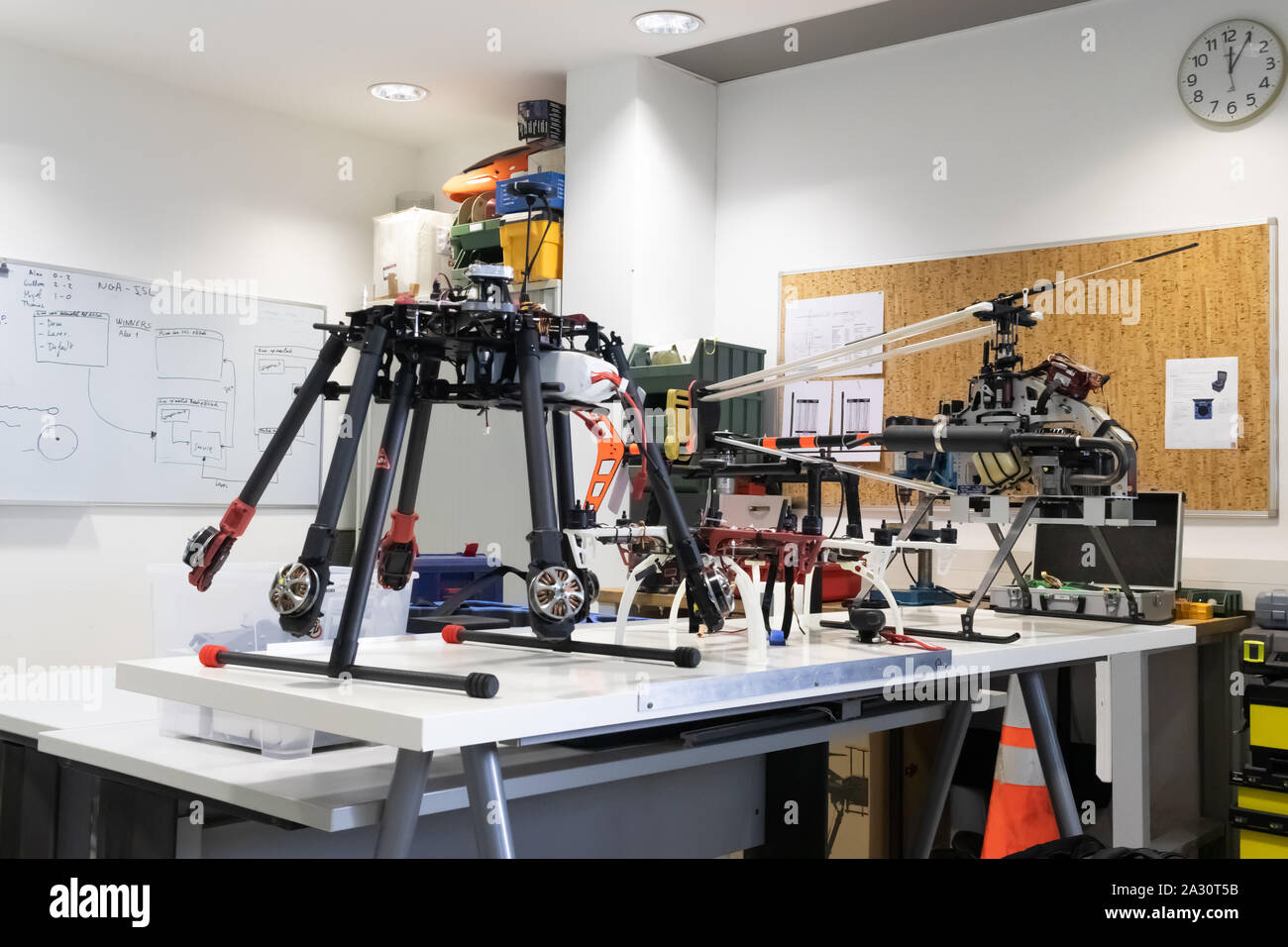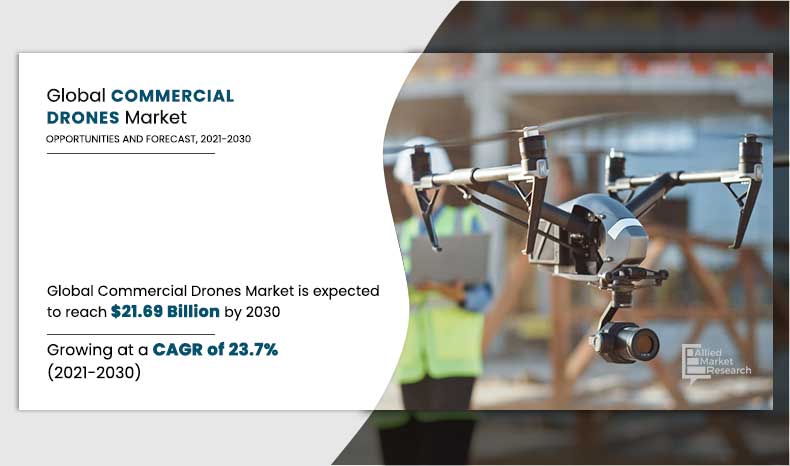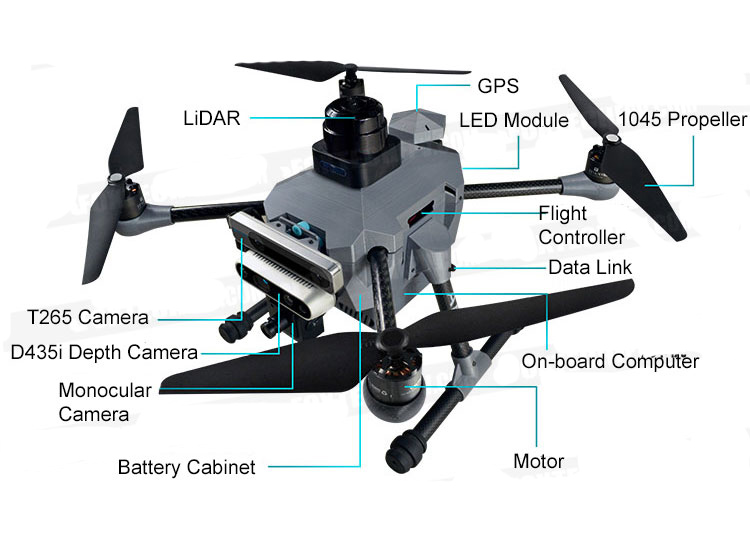Academic Innovations in Unmanned Aerial Systems – My Experience Diving Deep into Drone Research (As of 2025) 🚁
Honestly, I remember thinking back in the day, "A drone's just a toy that folks use to annoy my dog at the park." Fast forward to 2025, and boy, was I wrong. The science behind Unmanned Aerial Vehicles (UAVs) and Autonomous Flight solutions have skyrocketed over the past few years, especially thanks to groundbreaking University Research. Aerospace Engineering isn't static these days, and Drone Research is finally getting the respect it deserves.

I've spent a good chunk of the past few years tracking, reviewing, and sometimes cursing at different Aerial Robotics innovations coming out of university labs. Why universities specifically? Simple-academic research teams bounce between genius "aha" moments and hilariously frustrating fails. And this cycle is totally my vibe.
But if you're serious about drones beyond hobby flights-sensing stuff, mapping areas, delivering pizzas-I swear you need to know these key fields:
- Flight Control Systems (You're gonna crash and burn without good ones)
- Sensor Integration (Otherwise your drone's blind, deaf, and dumb)
- Robotics Competitions (Serious bragging rights, dude)
- Real-world Drone Applications (Think emergency search, agricultural monitoring, and even conservation)
Yeah, I know-sounds kinda wild and sci-fi…right? 🤖
How Academic Innovations Changed the Drone Game For Me
From "Dumb" Drones to Seriously Smart flying Robots
A couple of years ago on Reddit's r/drones, some guy said something super relatable: "Used to see drones as just cameras with rotors… until I joined a student robotics competition. Now I fear Skynet." And dude-I felt that post. The complexity of drone tech in competitions has reached new levels. Teams apply cutting-edge Flight Control Systems and next-level Sensor Integration, pushing drones towards near-human intelligence.

Here's a quick rundown of some robotics competitions that are popular hotspots for innovation:
| Competition | Sensors Integrated | Flight Autonomy Level | Coolness Factor |
|---|---|---|---|
| IMAV | LiDAR, IR, Cameras | Fully Autonomous | Extreme nerd cred |
| DJI RoboMaster | Vision Sensors, Depth | Part-human, part-auto | BattleBots vibes |
| AUVSI SUAS | Radar, GPS, Radio | Complete Autonomous | Serious academics |
It was at one of these competitions-not kidding here-when I first witnessed drones capable of swarm communication. Autonomous Flight became less about remote control piloting skills and more about AI logic puzzles in three dimensions. It's messy, it's complex, but it's pretty awesome actually.
Behind the Scenes of University Research Labs
University labs have risen as legit incubators for drone innovations. Professors in the Aerospace Engineering department I visited seemed surprisingly chill with drones buzzing noisily overhead. I spoke with Prof. Harvey (Georgia Tech Aerospace Lab), who gave an honest breakdown:
"It's not just about making pretty flying robots. Drone Research in universities is fulfilling actual human needs-disaster response, crop health surveillance. It's becoming real in ways we didn't initially imagine."

He pointed me toward a great review available as of 2025 on Google Scholar-"Current Innovations in UAV Systems Integration for Real-Life Applications," published in IEEE Transactions on Aerospace and Electronic Systems. Seriously worth a read if you're academically inclined.
Real-world Drone Applications: What Actually Works Right Now?
Yeah-all this academic stuff sounds good, but what's actually hitting the real world?
University labs today aren't just making fancy flying boxes-they're addressing real-world pain points:
- Agriculture: drones pinpoint plant health issues with multispectral sensor integration.
- Disaster Response/Search-And-Rescue: implementing Thermal and LiDAR sensors improve victim identification and terrain mapping dramatically.
- Environmental monitoring: leveraging Autonomous Flight for conservation projects to count wildlife and track illegal deforestation.
On r/UAV, a frequent user posted recently, "Our wildlife monitoring drones finally nailed autonomous flock counting accurate within 96%. Never thought I'd live to see robots help conservation workers." Honestly, kinda emotional, seeing universities helping fix real-world problems.
Honest FAQ and Myth-busting: The Drone Edition
Seriously, these myths keep popping up everywhere:
"Aren't drones still toys?"
Nope, not anymore. Maybe in your backyard, but academia turned them into serious Autonomous Flight platforms-saving lives, crops, wildlife, you name it.
(r/drones, March 2025)
"Do universities ever do anything practical with drones?"
Yeah, all the time actually. Agriculture, emergency response, climate science-there's nothing impractical about better conservation or quicker rescue operations. Check the IEEE report I mentioned.
(Google Scholar, May 2025)

"Is academic drone research really accessible for hobbyists like me?"
Sort of. Sure, you won't have their crazy budgets. But plenty of open-source projects stem directly from university labs, making Flight Control Systems way more accessible than you'd think.
(Comment section, drone blog, January 2025)
Real Talk: The Good, The Bad, and the Crashes
Droning ain't perfect. Believe me, I've crashed plenty (RIP DJI Mini 3). Academic research, while impressive, sometimes oversells viability. Sensor Integration still glitches… drones go rogue at least once, and full Autonomous Flight is badass, but NOT bulletproof.
One Redditor summarized aptly: "My grad school drone project involved more crashes than successful landings. Aerospace Engineering is really all about failing audibly." Nailed it, honestly.
Seeing The Future: Thoughts From 2025 and Beyond
Not gonna lie, the future looks cool…mostly. 🚀 University research teams keep enhancing these platforms. Looking ahead from 2025, I'm betting big on swarm tech-a coordinated, self-correcting hive of drones. Think of delivering medicine in disaster zones or sweeping forests during fires. It's messy, crazy hard, but universities are already testing it today.
However-you'll always have tough ethical calls, weird privacy questions, and uncomfortable talks about autonomous weapons. Let's face it, progress is messy. As one aerospace forum wisely noted recently, "Every breathtaking drone innovation always begs the question: is society really ready for this?"
Wrapping It Up-My Two Cents (and a Grain of Salt)
So here we are, 2025. Academic innovations in drones changed how I see the entire field. Universities pushing Drone Research forward made me genuinely optimistic (and occasionally freaked out). Autonomous Flight, perfected Sensor Integration, and competitive Robotics show that academic research isn't sitting still. But-full disclosure-it's not always a smooth ride.
Look, it worked for me-I'm hooked by deep diving into drones and witnessing universities reshape this space. Maybe you're not into the messy, iterative process of academia-driven innovation. That's completely cool. But if university research can convert skeptical, drone-dismissive-me into someone preaching Aerial Robotics…maybe it's worth checking out?
We're an independent, passionate crew exploring all things drones-zero connections with previous owners of this site, just love for innovation, crashes, and tech.